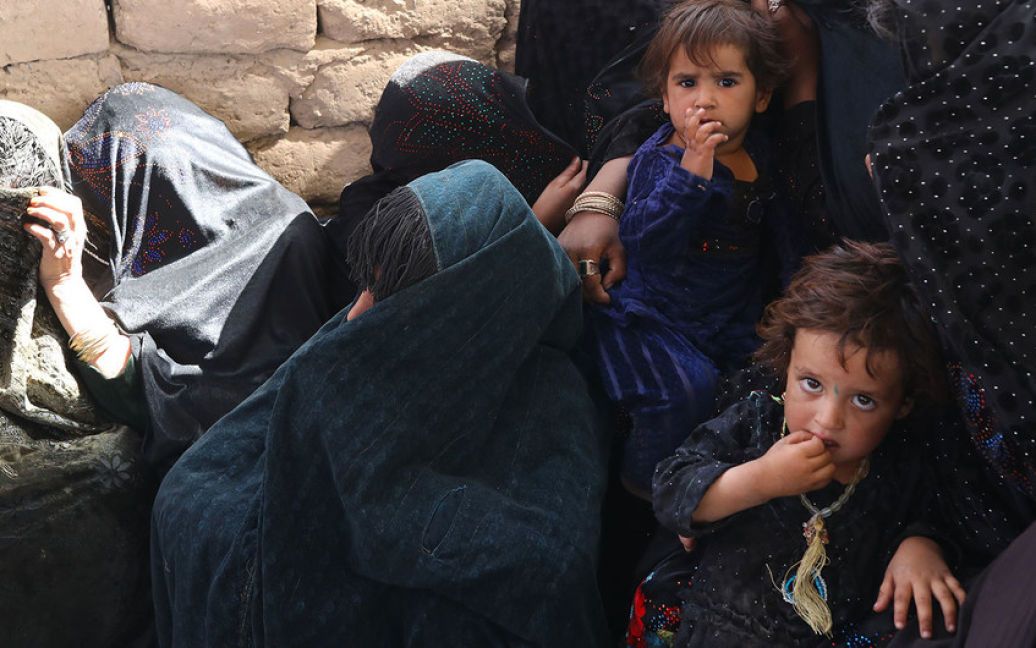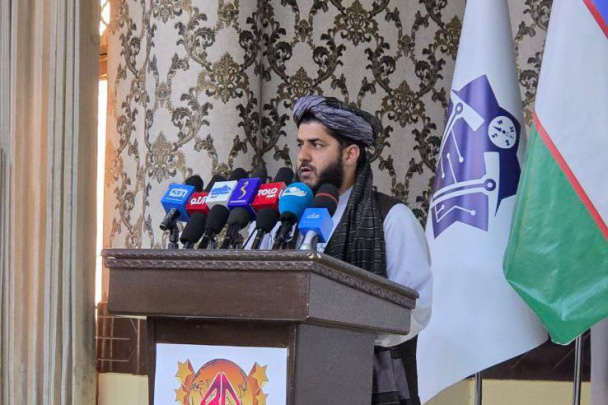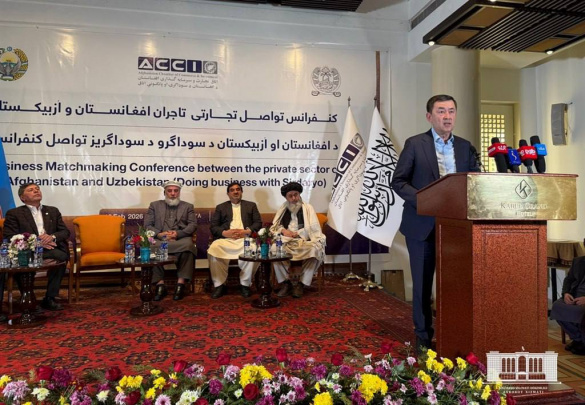Expert opinion: 23 million Afghans will face hunger by March
At the 7th meeting of research centers of the member states and observers of the Organization of Turkic States, which took place on December 10 in Istanbul, the First Deputy Director of the Institute for Strategic and Interregional Studies under the President of Uzbekistan Akramjon Nematov analyzed the current situation in Afghanistan and expressed approaches to building a pragmatic and constructive dialogue with the Taliban.

Photo: UN
As the expert noted, Afghanistan is facing a number of complex challenges that impede the stabilization of the situation in the country and threaten the security and sustainable development of the region.
First of all, the main difficulty, in his opinion, is the deterioration of the socio-economic situation in the country. This year, the country’s economy is expected to fall by 30-40%, which will lead to the fact that by the middle of next year, almost 95% of the population of Afghanistan will be below the poverty line.
He predicts 23 million Afghans may face hunger by March next year. These figures testify to the deplorableness of the current situation in the country. All of this suggests that Afghanistan cannot deal with the humanitarian crisis alone; it needs the help and assistance of the international community. As you know, before the Taliban came to power, 75% of the government was formed through external funding, he added.
Lack of financial resources exacerbates shortages of goods, especially food and medical supplies, and accelerates inflation, which has already reached more than 30%. Prices also continue to rise because Afghanistan is highly dependent on imports, which at the beginning of the year accounted for 95% of foreign trade exceeding $8 billion.
In turn, Akramjon Nematov stressed, the deterioration of the socio-economic situation and the aggravation of the humanitarian crisis will cause increased tension in society, undermining the ability of the new government to ensure security and law and order in the country. This can be a breeding ground for terrorism, drug trafficking and organized crime.
The current situation in Afghanistan already creates serious threats to the security and stability of Central Asia, the expert said.
Taking into account the above, Afghanistan should not be left alone with its problems, it should not be allowed to turn into a “rogue country”. The international community already boycotted the Taliban in the 1990s, and it didn’t work. This approach was counterproductive, as it led to the aggravation of the problems of Afghanistan, a significant increase in threats and challenges emanating from its territory. In this regard, it is important not to repeat past mistakes, not to forget what catastrophic consequences they can lead to, Akramjon Nematov stressed.
The expert added that today the policy of isolation of Afghanistan can again lead to a deterioration in the socio-economic situation, a crisis of statehood, the spread of chaos throughout the country and, ultimately, to a new round of civil war. This will lead to a flow of refugees, an increase in the threats of terrorism and extremism, the consequences of all of this will be felt primarily by neighboring states.
Related News

14:29 / 25.02.2026
Uzbekistan launches geological exploration at three oil and gas blocks in Afghanistan

17:49 / 24.02.2026
Uzbekistan, Afghanistan move to fast-track preferential trade deal

17:49 / 18.02.2026
Syrdarya region secures $300 million in trade deals during Afghanistan visit

11:55 / 10.02.2026



